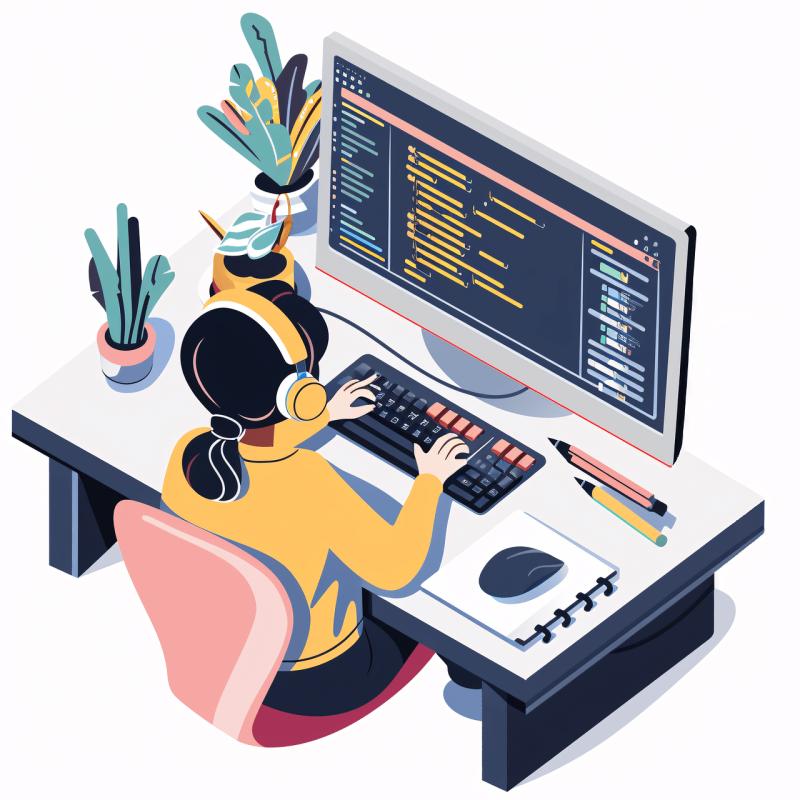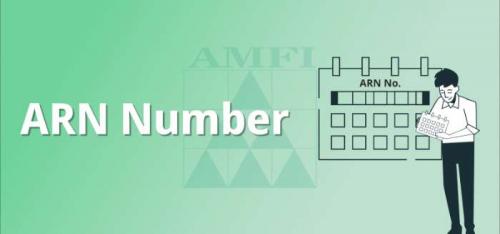What Freshers Need to Know About Java Technical Interviews

Java remains one of the most sought-after programming languages in the software development industry. As a fresher aiming to secure your first job, acing the Java technical interview is crucial. This blog is designed to help you understand what to expect and how to prepare effectively for Java technical interviews.
Understanding Java Technical Interviews
java interview questions for freshers can vary, but they typically include phone screenings, technical assessments, coding challenges, and in-person interviews. Each stage assesses different aspects of your Java knowledge and skills. Understanding the structure of these interviews will help you prepare strategically.
Core Java Concepts to Master
To excel in Java technical interviews, you must have a solid grasp of core Java concepts. These include:
- Object-Oriented Programming (OOP) Principles: Understand encapsulation, inheritance, polymorphism, and abstraction.
- Key Java Concepts: Be comfortable with classes, objects, constructors, methods, and fields.
- Data Types, Variables, and Operators: Know the basic building blocks of Java programming.
Important Java Libraries and Frameworks
In addition to core concepts, familiarity with essential Java libraries and frameworks is important:
- Java Libraries: Get to know the Collections Framework,
java.util, andjava.io. - Java Frameworks: Have a basic understanding of popular frameworks like Spring and Hibernate, which are widely used in enterprise applications.
Common Java Interview Questions
Preparation for common Java interview questions can make a significant difference. Here are some examples:
- Basic Questions: What are the differences between
==andequals()in Java? - Intermediate Questions: How would you implement a singleton class in Java?
- Advanced Questions: Can you explain the concept of dependency injection and how it is implemented in Spring?
Practicing these questions and understanding the logic behind them will boost your confidence.
Practical Coding Challenges
Coding challenges are a staple in technical interviews. You might be asked to solve problems involving:
- Arrays and Strings: Find the first non-repeating character in a string.
- Linked Lists: Reverse a linked list.
- Trees and Graphs: Implement a binary search tree.
To practice, use resources like LeetCode, HackerRank, and CodeSignal. Regular practice on these platforms can sharpen your problem-solving skills.
Behavioral and Soft Skills
Technical prowess is essential, but so are communication and teamwork skills. During interviews, you might face behavioral questions such as:
- Describe a time when you worked in a team to solve a problem.
- How do you handle tight deadlines?
Answer these questions using the STAR method (Situation, Task, Action, Result) to structure your responses clearly and effectively.
Mock Interviews and Practice
Mock interviews are a great way to simulate the actual interview environment. They help you:
- Identify Weaknesses: Pinpoint areas that need improvement.
- Get Feedback: Receive constructive feedback to refine your skills.
- Build Confidence: Reduce anxiety by familiarizing yourself with the interview format.
You can set up mock interviews with peers or use online platforms that offer mock interview services.
Resources for Preparation
Here are some recommended resources to aid your preparation:
- Books: "Effective Java" by Joshua Bloch, "Java: The Complete Reference" by Herbert Schildt.
- Online Courses: Coursera, Udemy, and Pluralsight offer comprehensive Java courses.
- Communities: Participate in forums like Stack Overflow, Reddit, and GitHub for peer support and knowledge sharing.
FAQs: Java Technical Interviews for Freshers
1. What are some common Java interview questions for freshers?
Common Java interview questions for freshers typically cover basic concepts such as:
- Differences between
==andequals(). - Explanation of OOP principles.
- Usage of the
finalkeyword in Java. - Simple coding problems like reversing a string or finding duplicates in an array. These questions are designed to assess your foundational knowledge and problem-solving abilities.
2. How should I prepare for Java MCQ questions in interviews?
To prepare for Java MCQ questions, focus on understanding core Java concepts thoroughly. Utilize resources like:
- Online practice tests.
- Java MCQ question banks.
- Java certification preparation books. Practicing these questions regularly will help you improve your speed and accuracy.
3. What topics are frequently covered in Java interview questions for freshers?
Java interview questions for freshers often cover a wide range of topics, including:
- Core Java fundamentals (data types, variables, operators).
- Object-Oriented Programming (inheritance, polymorphism, encapsulation, abstraction).
- Basic data structures (arrays, lists, maps).
- Simple algorithms (sorting, searching).
- Exception handling and basic input/output operations. Ensure you have a solid understanding of these areas.
4. Where can I find reliable Java MCQ questions for practice?
Reliable sources for Java MCQ questions include:
- Educational websites like GeeksforGeeks and JavaTpoint.
- Online coding platforms like HackerRank and LeetCode.
- Java certification books and practice guides. Consistently practicing from these sources will help you build confidence and improve your knowledge.
5. How can I excel in Java technical interviews as a fresher?
To excel in Java technical interviews for freshers, follow these tips:
- Understand Core Concepts: Ensure you have a strong grasp of Java basics.
- Practice Coding: Solve various coding problems to enhance your problem-solving skills.
- Mock Interviews: Participate in mock interviews to simulate the real interview environment.
- Study Java MCQ Questions: Regularly practice multiple-choice questions to test your theoretical knowledge.
- Prepare for Behavioral Questions: Work on your communication skills and be ready to discuss your projects and experiences. By focusing on these areas, you'll be well-prepared to tackle any challenges in your Java technical interviews.









Comments